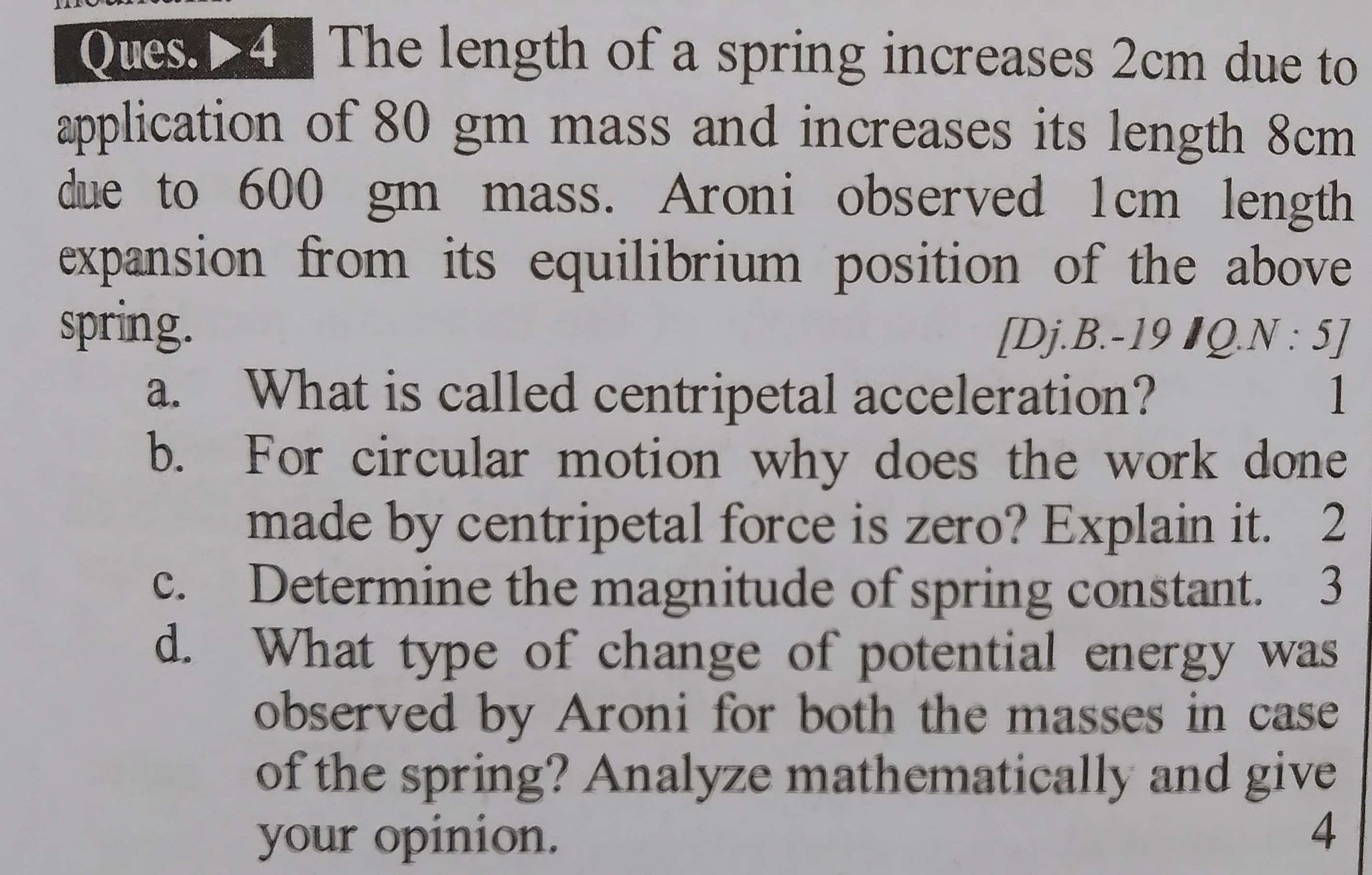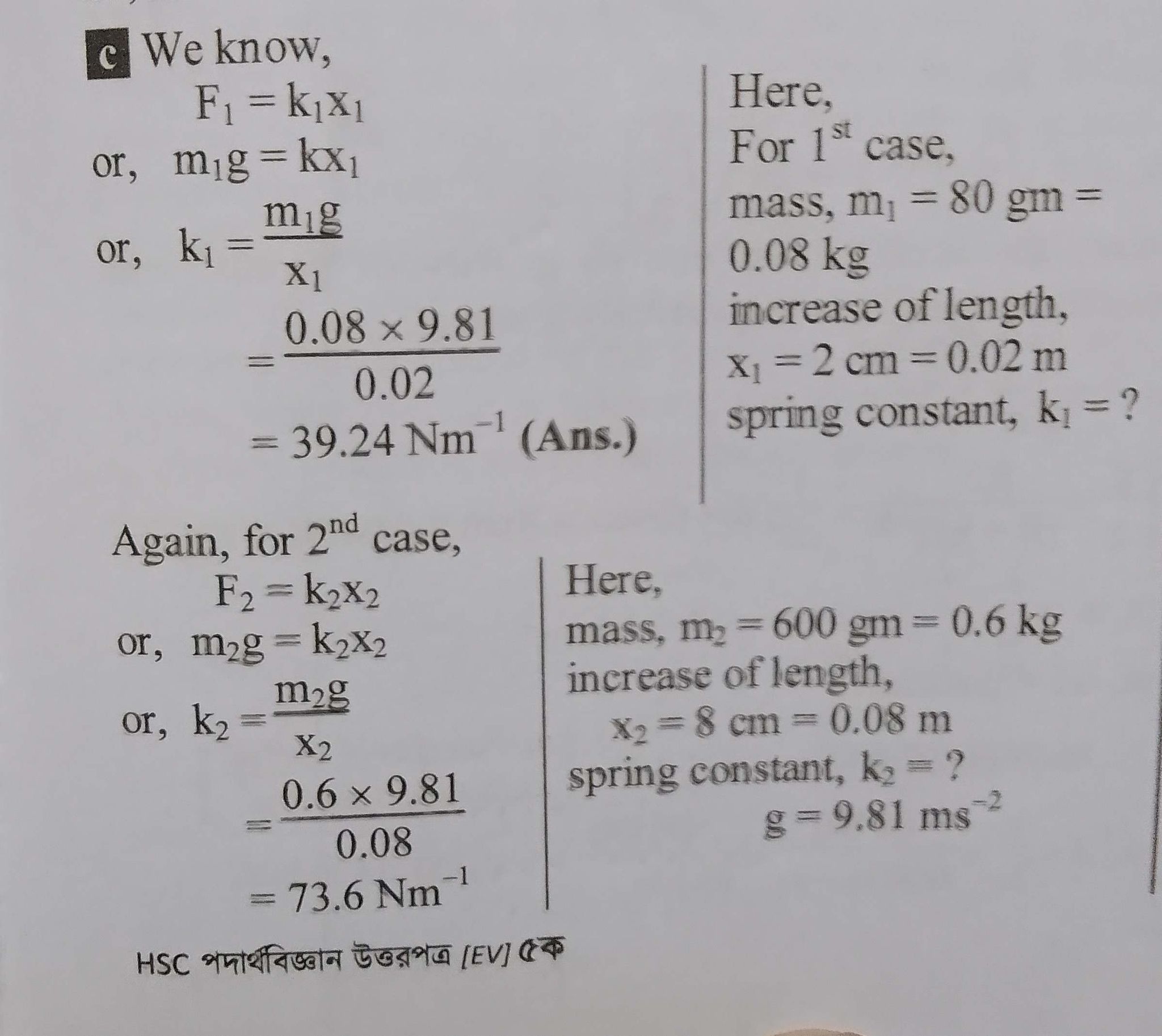Previously, I knew that the spring constant of a spring doesn't depend on the mass of the spring nor the mass of the object attached at the end of the spring.
However, after doing this numerical today, confusions arose in my mind:
We are concerned with 'c':
Now here we see that after attaching objects of different masses to the end of the spring, we are measuring different spring constants of the same spring. How could this be? Is this numerical painting a false picture of the real world?


